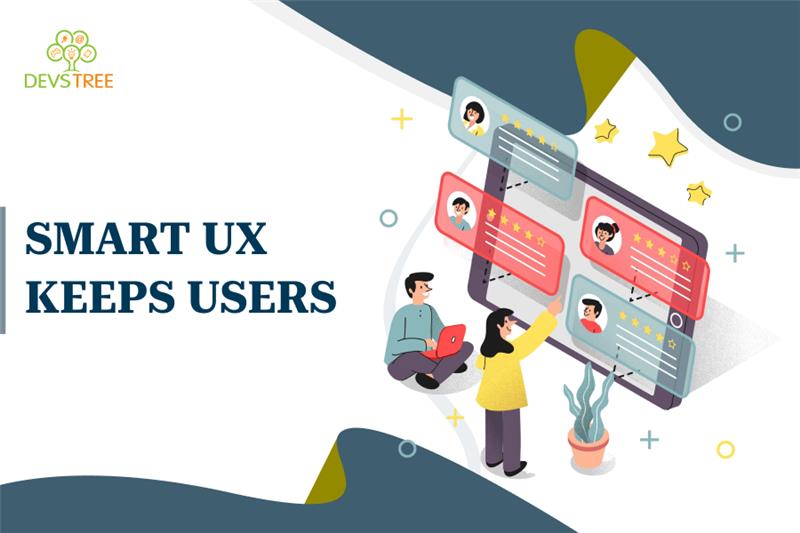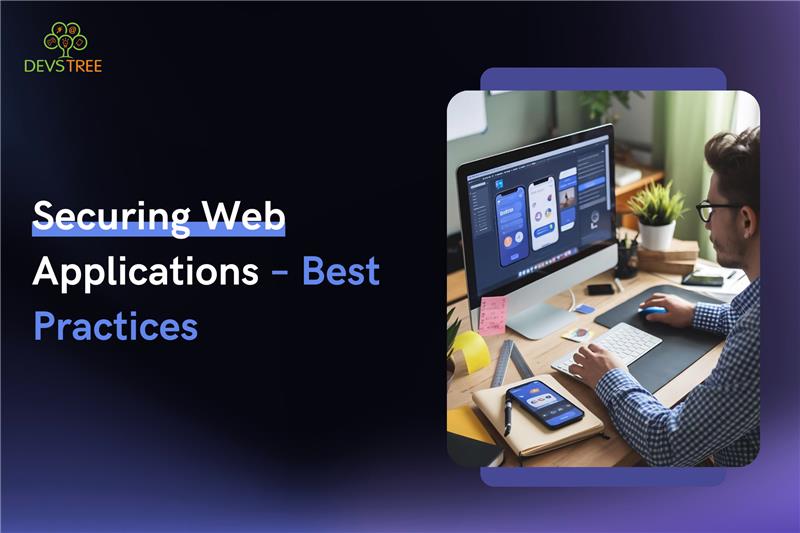Do you sometimes get an entirely innovative idea to create something you want the world to see and use? A mobile app development framework that you think could revolutionize areas in ways previously unthought and unheard of? React Native Developer allows you to do exactly that! React Native is, in essence, an open-source framework that allows you to create mobile applications. It was created by Facebook Inc. and can be used to develop various applications for Android, iOS, macOS, Windows, Web, etc.
This framework allows the user to create a native application for android and iOS systems by writing a JavaScript code. Further, it lets you use the same file as if you used the native language of the platform after you’ve considerably built the application beyond the preliminary stages.
Why Use React Native?
React native, as a mobile app development company, comes highly recommended because it is extremely easy to use and is slick and smooth. It also has an impeccable user interface which significantly reduces load time. It is quite cheap and can be easily afforded without compromising on quality or functionality.
Pros of React Native!
React Native and being efficient, easy to use, and generally better than other platforms have some distinctly pointed out advantages. Here are some:
- Speeds up App Development Process: React Native helps you reduce time spent developing the application as it allows you to create applications on two platforms simultaneously. Hence, while working for one RN creates a mobile application for the function/update. This can help save both time and money.
- Low Cost of Development: On React Native, their common source code allows the developers to build their app with a single development team familiar with JavaScript. This allows you to build a team and take help from them instead of multiple teams, thus reducing development costs. This also eliminates other problems related to development and programming as a small group of people can communicate more conveniently.
- Ensures Stable Growth: React Native shares its components that actively know how to display the app on a given platform. This allows the developers to delve into the coding and designing of the application instead of the promotion or details. This also allows better planning to go releasing applications as its work is more efficient.
- Has a Rich Ecosystem: Because React Native, providing mobile app development services, is based on JavaScript, it also has access to many libraries and tools that aid developers’ work and make the process more convenient and quicker.
- Can Integrate With the Native Application: Having your application written both natively and react-native can open many possibilities. React Native thus offers an option through which users can find both the views written natively and react native. Through this feature, developers can manage to afford writing code by reacting Native at lower costs while also managing to write the rest that it doesn’t offer on Native. This also provides an additional benefit; transferring your application by a cross-platform solution can be rewritten in small steps, reducing the number of errors.
- Supported by External Tools: Since the development of the process required to be completed isn’t just writing the code and also requires repetitive routine tasks that need to be carried out. This may include building a new version of the application, testing new versions using certain types of tests, releasing the tests, and investigating any bugs on the application for smoother use. These routine tasks are generally sourced to external tools or services, making it easy for developers to carry out the apps’ smooth functioning. This sourcing and delegating eliminates human error and makes the applications more fool-proof.
Cons of React Native!
While there are wide-ranging advantages of using the React Native Apps development services; however, there are also some cons to using it that you must know before opting for it and optimizing it to your best use. These are:
- Not a Native Solution: The authors of the framework usually have to create a connection/communication method between Native and React Native and JavaScript. This process makes the application written in React native slower than those written in Native and might even take more space. This issue usually arises in applications with high dynamism.
- It is Hard to Debug: React Native is made with JavaScript, Objective-C, Java, and C/C++. It isn’t easy to debug. Some basic knowledge of the native language is required since React Native is constantly connected with the native environment. To enable debugging, the React Native community had to introduce new software.
- Doesn’t Speed up the Testing Process: As mentioned in the pros of using React Native when it provides mobile app development services, the development team’s time to process the app decreases. However, the same is not true to the time taken up by the quality assurance team; the platform takes the same amount of testing time as Native.
- Testing is More Challenging: With RN’s use of cross-platform, two new problems also arise. Firstly, the application communicates with native components and bad code that causes errors on both platforms. Secondly, a problem is related to the common source code; if there’s an error on one platform, it will reflect on all.
- Has an Inferior Android Support: Originally, React Native was only supported in iOS, due to which it still has a weaker support system on the android platform where it was introduced much later. Its performance in the android platform is also slightly worse than Native.
- Harder to Build a Cross Platform Team: Since the team needs to know both the technological worlds, it is much more difficult to build a team to cope with the challenges that arise in developing the app.
However, React Native app development companies should still be chosen because they can develop Android and iOS systems and are based on a custom design. This fact in itself provides multiple benefits in stages of development. With this, RN’s custom design also allows easier and better styling across platforms; while the pros and cons can be weighed and decided against, RN is a solid system that is almost unrivaled.
 DevsTree
DevsTree  Jul 14, 2025
Jul 14, 2025 
 30 Views
30 Views







